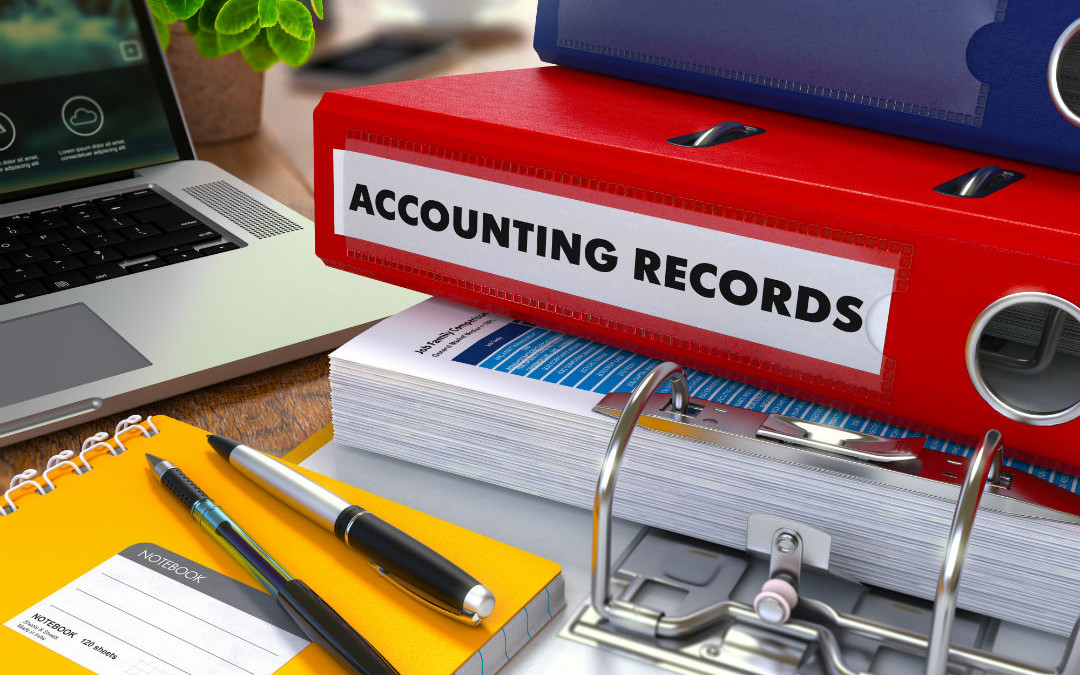
Image source: https://www.resourceconsulting.com/wp-content/uploads/2015/10/appropriate-allocation_stocks-and-bonds-risk-vs-return.png
The logic behind this system is that the investors manage a smarter rate of interest then the bodily bond pays. Thus, the bond is sold at decrease value in order to offset the gap. The OTC market, which is comprised of banks and security firms, is the favourite buying and selling buying and selling neighborhood for bonds, because corporate bonds can be listed on the stock exchange, and can be purchased through stock brokers.
When dealing in bonds, the greatest funding danger that you face is the selection of the principal funding amount NOT being paid back to you. Obviously, this danger can be somewhat controlled through the careful assessment of the companies or institutions that you choose to invest in.
Those companies that possess more credit worthiness are most often safer investments when it comes to bonds. The best example of a "safe" bond is the govt bond. Another is the blue chip company bond. Blue chip companies are smartly-established companies that have proven and successful track records over a long span of time. Of course, such companies will have decrease coupon rates.
With bonds, unlike stocks, you, as the investor, will not directly benefit from the success of the company or the amount of its profits. Instead, you may receive a fixed rate of return on your bond. Basically, this means that whether the company is wildly successful OR has an abysmal year of trade, it will not affect your funding. Your bond return rate will be the related. Your return rate is the percentage of the unique offer of the bond. This percentage is often called the coupon rate.
In the world of investments, youll often hear about stocks and bonds. They are each feasible forms of funding. They allow you the danger to invest your money with a assured company or corporation with the selection of destiny profits. But how exactly do they work? And what are the variations between the two?
Lets start with bonds. The easiest way to define a bond is through the thought of a loan. When you invest in bonds, you are essentially loaning your money to a company, corporation, or government of your opting for. That institution, in turn, will give you a receipt for your loan, together with a promise of interest, in the form of a bond.
Bonds are bought and sold in the open market. Fluctuation in their values occurs depending on the interest rate of the total economy. Basically, the interest rate directly affects the worth of your funding. For instance, for these who've got 1000 dollar bond which pays the interest of 5% every year, you can sell it at a smarter face value provided the total interest rate is below 5%. And if the rate of interest rises above 5%, the bond, though it can still be sold, is mostly sold at less than its face value.
Bonds
